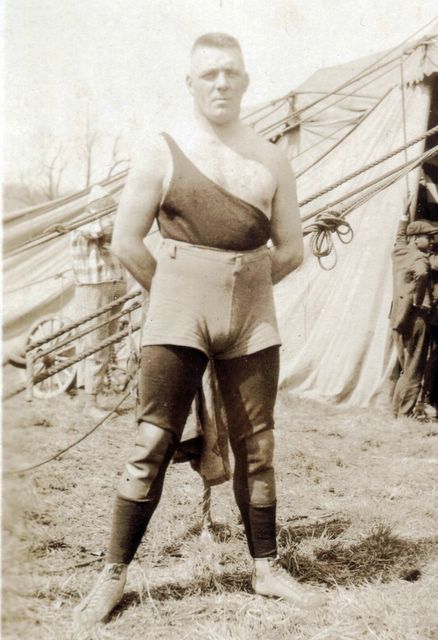- Joined
- Apr 24, 2017
- Messages
- 36,808
- Reaction score
- 109,910
My sole issue with 4e was that it was a minis board game masquerading as an RPG. It wasnt particularly like any videogames I've played, other than the artwork. The game play wasnt conducive to playing much of a role, other than your combat role. But nor was it particularly like playing a video game.
I can see that. For me it was the "Healing surges" and one-use powers, along with assigning combat roles like "striker" etc, that reminded me of an MMORPG.








